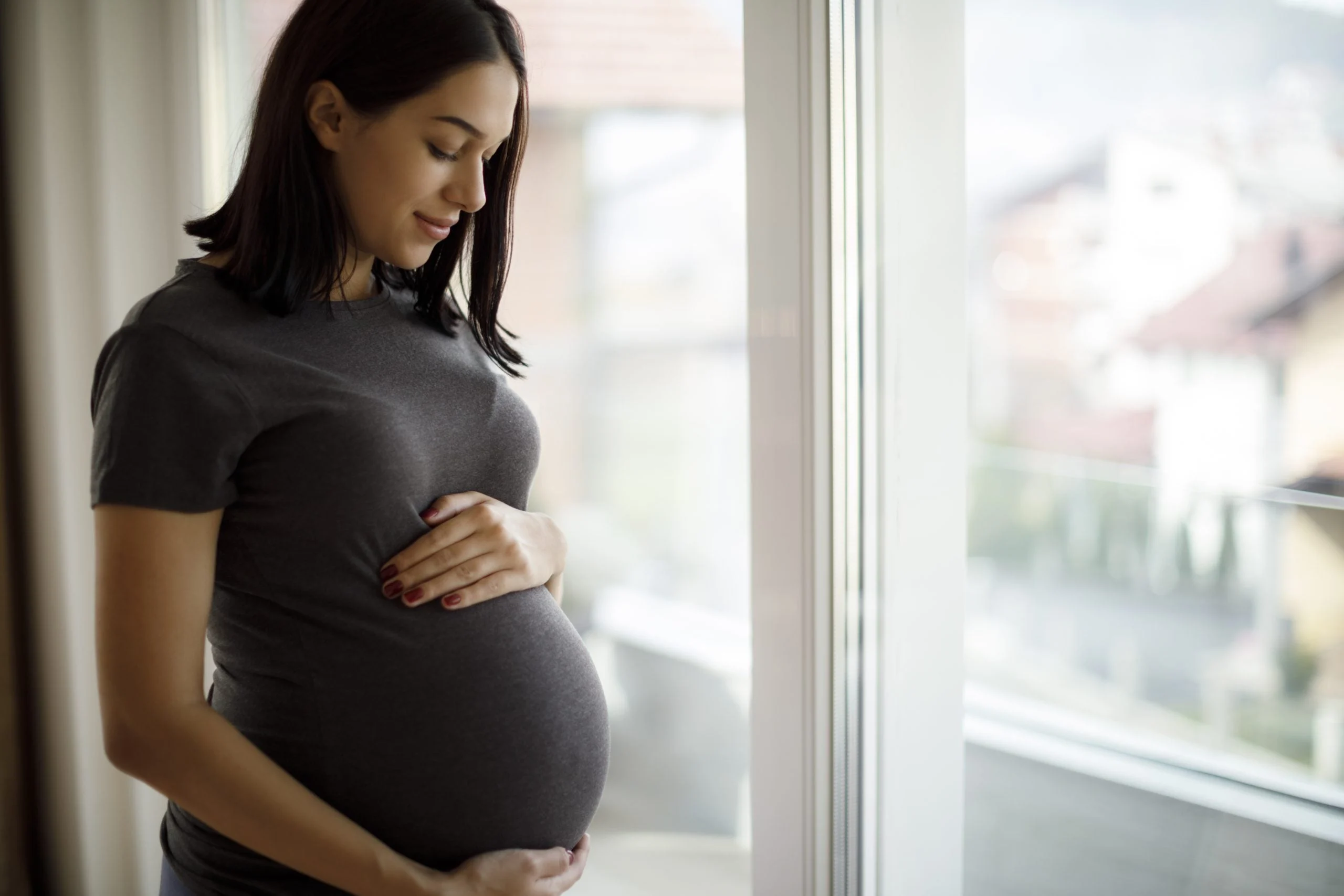“Just like no two snowflakes are alike and everyone has their own unique fingerprints, autism comes in many forms,” I tell my 12-year-old son, Lucas. As he matures, he’s become increasingly aware of others who share his diagnosis.
“Mom, there’s a boy at tutoring who acts strange. He just gets up and starts rummaging through the teachers’ stuff without asking,” he remarks, glancing up at me. I keep my eyes on the road, knowing what’s coming next.
“He has autism like me. Do I act weird too?” he asks, his voice tinged with uncertainty.
“Remember, everyone’s experience with autism is different. Think of it as a spectrum, like a rainbow. Some folks are on one end, searching for that pot of gold, while others are just starting to lift off from the clouds. In between, there’s a whole range of travelers,” I explain.
He falls silent, staring out the window, absorbing my words.
“What about Jake from school? He’s hurt kids before, and he has autism. I never touch anyone,” he counters.
“Yes, I know. His autism expresses itself through aggression,” I respond, bracing myself for the next question. Lucas has a knack for cutting through the fluff, a quality I admire.
“How can you be sure I have autism? If everyone else is so different, maybe I don’t have it,” he challenges.
I tighten my grip on the steering wheel, ready for this crucial conversation. “Do you remember Dr. Ramirez?” I ask, referencing the specialist who diagnosed him two years ago.
“Yeah,” he replies.
“Remember all those tests and questions she went through with you? That assessment was specifically designed to identify autism. Her conclusions were based on your responses, her observations, and input from your dad and me, as well as your school. She confirmed you’re on the autism spectrum,” I clarify.
As raindrops hit the windshield, the rhythmic sound of the wipers interrupts the quiet. The sun has set, and the darkness envelops us, with traffic lights glowing brightly. Lucas is quiet again, watching the rain as it dances against the glass.
“How did I get autism?” he asks, his curiosity unyielding.
“Well, you don’t catch it like a cold. You’re born with it,” I explain, grateful he feels comfortable asking these questions instead of hiding them away.
“Why do I have autism and no one else in our family does?”
“Think of it this way: every person is made up of chromosomes, a mix of dominant and recessive genes. Just like your dad has dark hair and your aunt has blonde hair—it’s all about how those genes line up. Just like how you love history while your sister doesn’t. Those differences make us all unique,” I say, hoping my explanation resonates.
He seems to accept my answer as we navigate through the rain-soaked streets. My heart aches for my son, who is earnestly trying to understand where he fits on this ever-moving spectrum. It’s a challenging concept to grasp, especially for a 12-year-old trying to make sense of his place in the world.
For more insights on navigating parenting, check out this article on artificial insemination, which offers additional perspectives. Also, if you’re interested in male fertility, this site is a great resource. Understanding IUI success rates can be found here, which may help those exploring family options.
In summary, it’s essential to recognize that autism manifests differently in everyone, highlighting the importance of understanding and acceptance in our diverse experiences.
